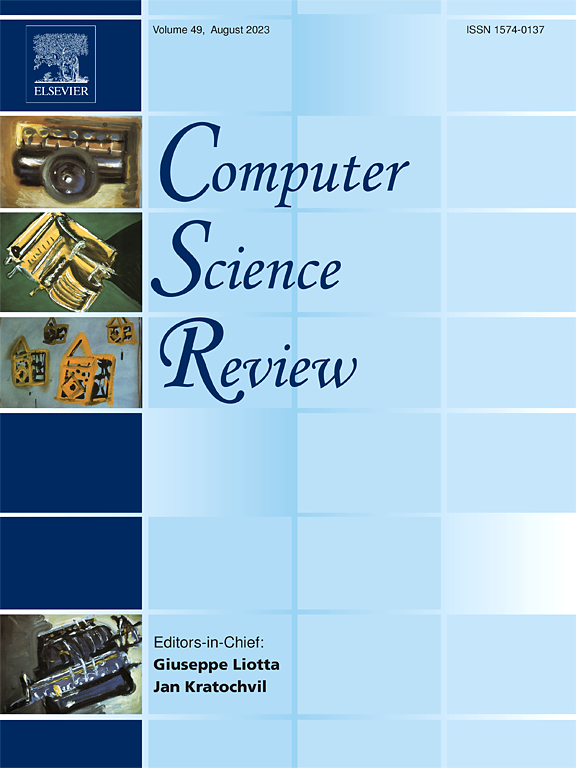A survey on aspect sentiment triplet extraction methods and challenges
IF 13.3
1区 计算机科学
Q1 COMPUTER SCIENCE, INFORMATION SYSTEMS
引用次数: 0
Abstract
Aspect-based sentiment analysis (ABSA) has gradually become an important technique for mining online reviews and is widely popular across various domains, such as producer–consumer, pharmaceutical reviews, political campaigns, and celebrity popularity. Aspect sentiment triplet extraction (ASTE) is a core technique within the ABSA, as it automatically extracts aspect terms, opinion terms, and sentiment polarity triplets from textual data. Since the ASTE task is a relatively recent research direction, there is still a lack of comprehensive summaries and syntheses of the research in this task. To address this issue, this paper provides a comprehensive introduction to various methods, performance evaluations, challenges, and future research directions for the ASTE task. Specifically, we categorize the current ASTE approaches into six types: Pipeline, End-to-end, Generative, MRC-based, Table-filling, and Span-based methods. Subsequently, we provide a detailed introduction to the characteristics of each method, along with their strengths and weaknesses. Additionally, we organize the performance of these methods on two benchmark datasets, ASTE-Data-v1 and ASTE-Data-v2. Finally, we discuss the challenges faced in current work and potential future directions.
面向情感三元提取方法及挑战综述
基于方面的情感分析(ABSA)已逐渐成为挖掘在线评论的重要技术,并在生产者-消费者、药品评论、政治竞选和名人人气等各个领域广泛流行。Aspect sentiment triplet extraction (ASTE)是ABSA中的一项核心技术,它可以自动从文本数据中提取Aspect terms、opinion terms和sentiment polarity triplets。由于ASTE任务是一个较新的研究方向,目前还缺乏对该任务研究的全面总结和综合。为了解决这一问题,本文全面介绍了ASTE任务的各种方法、性能评估、挑战和未来的研究方向。具体来说,我们将当前的ASTE方法分为六种类型:管道方法、端到端方法、生成方法、基于mrc的方法、表填充方法和基于跨度的方法。随后,我们将详细介绍每种方法的特点,以及它们的优缺点。此外,我们还组织了这些方法在两个基准数据集(ASTE-Data-v1和ASTE-Data-v2)上的性能。最后,我们讨论了当前工作面临的挑战和潜在的未来方向。
本文章由计算机程序翻译,如有差异,请以英文原文为准。
求助全文
约1分钟内获得全文
求助全文
来源期刊

Computer Science Review
Computer Science-General Computer Science
CiteScore
32.70
自引率
0.00%
发文量
26
审稿时长
51 days
期刊介绍:
Computer Science Review, a publication dedicated to research surveys and expository overviews of open problems in computer science, targets a broad audience within the field seeking comprehensive insights into the latest developments. The journal welcomes articles from various fields as long as their content impacts the advancement of computer science. In particular, articles that review the application of well-known Computer Science methods to other areas are in scope only if these articles advance the fundamental understanding of those methods.
 求助内容:
求助内容: 应助结果提醒方式:
应助结果提醒方式:


